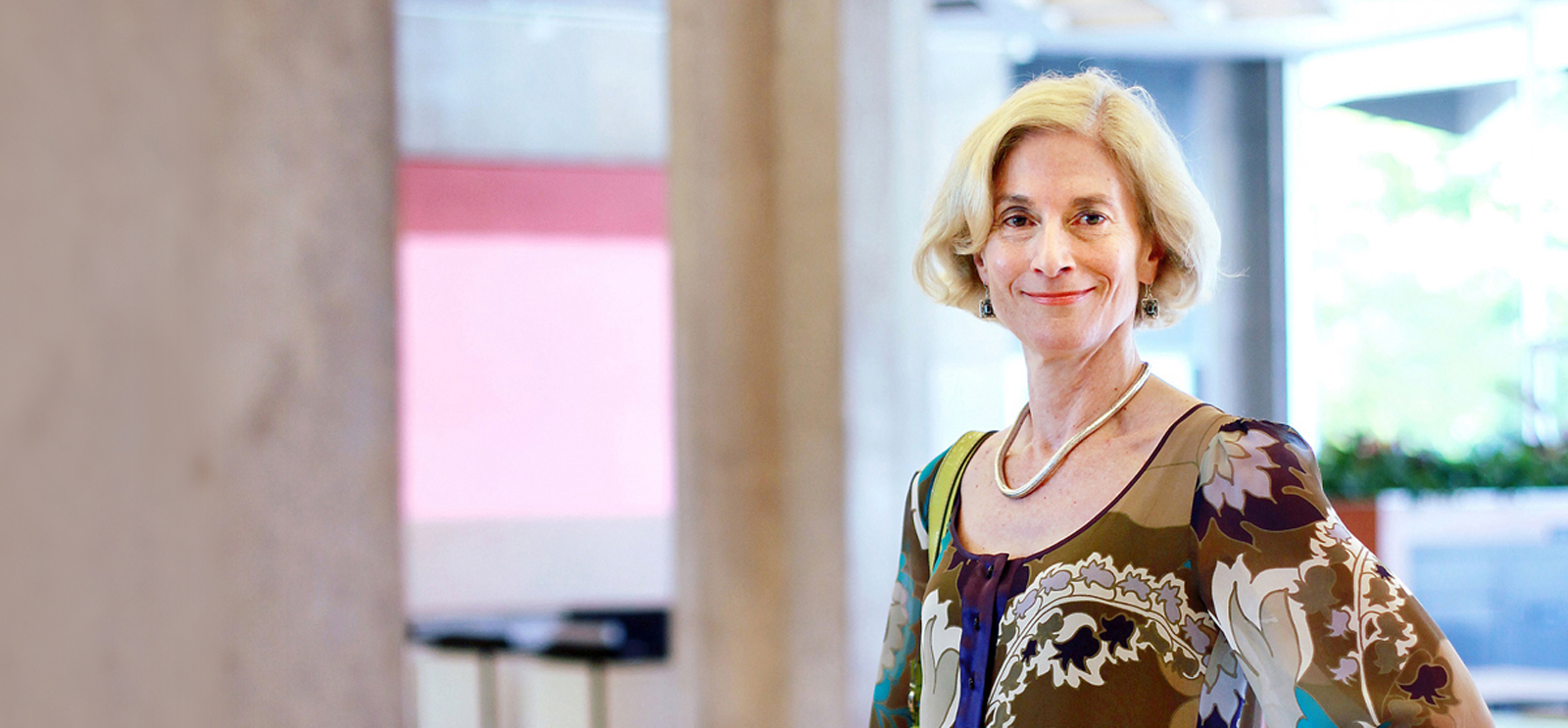
(University of Chicago News Office)
Martha C. Nussbaum argues a culture of rage and retribution is harming American society.
Americans are living in a culture of outrage, one fueled by the belief that anger and revenge are central to achieving justice, political change, and power, writes philosopher Martha C. Nussbaum in her new book Anger and Forgiveness (Oxford University Press, 2016).
The problem, says Nussbaum, the Ernst Freund Distinguished Service Professor of Law and Ethics, is that anger doesn’t truly deliver any of those things. Our focus on payback—whether it is expressed as political vitriol, mass incarceration of low-level drug offenders, or increased use of victim impact statements during sentencing—can keep us from making constructive gains as a society.
Anger and Forgiveness, which is based on Nussbaum’s John Locke Lectures at Oxford University, argues that anger is fundamentally flawed, rooted in weakness, and ultimately harmful. The book represents an evolution in how the world-renowned philosopher, who in June received the prestigious Kyoto Prize for her body of work, thinks about outrage—a shift that acknowledges a complicated entanglement with fairness.
“In earlier work, I said that anger was actually constructive because it involves a demand for justice,” Nussbaum says, recalling her 2004 book Hiding from Humanity: Disgust, Shame, and the Law (Princeton University Press) and a 2012 Indian newspaper column in which she called on survivors of a 2002 massacre in Gujarat to express resentment rather than forgiveness.
But later, as she unpacked the complexities of anger and forgiveness—thinking critically about centuries of philosophical and religious tradition and studying the writings and practices of modern revolutionaries Martin Luther King Jr., Nelson Mandela, and Mohandas Gandhi—she found herself focusing on retributive desires and the ways in which they can impede social progress.
The desire to get even “is mired in this sort of magical thinking that isn’t coherent and doesn’t give us guidance for the future,” she says. “Most people think that if you have a proportional payback, that somehow balances out the offense. But of course it doesn’t. It doesn’t bring back the person who is dead, and the Greek philosophers very early recognized that.”
The ancient Greeks and Romans also viewed anger as inherently weak—an insight that runs contrary to modern-day American norms that elevate anger. Nussbaum argues that although anger might be effective in certain narrow situations in which it corrects a person’s relative status, it is essentially a way to avoid the real work of creating a better future.
The peaceful, successful movements led by King, Gandhi, and Mandela highlight the power of generosity. When these leaders did experience or express anger, it was a borderline variety that Nussbaum calls “Transition-Anger,” in which one feels a sense of outrage but doesn’t want the offender to suffer.
The problem in contemporary America is that “we don’t really think we have to do that work,” Nussbaum says; we just have to get angry. Pursuing retribution, she notes, is easier than tackling systemic change, grappling with racial bias, or working cooperatively to understand and promote social welfare policies.
She points to the imprisonment of nonviolent drug offenders, which skyrocketed under mandatory sentencing guidelines during the war on drugs in the 1980s and 1990s but has come under sharp criticism in recent years as costly, ineffective, and disproportionately devastating to minority communities.
Nussbaum also takes a skeptical view of some conceptions of forgiveness that are essentially transactional; they require initial anger or resentment that can be waived in exchange for contrition. She favors a more generous approach—or at least one that attempts to move in that direction.
She was particularly moved by the families of some of the nine people killed during the South Carolina church shooting in June 2015. During accused killer Dylann Roof’s bail hearing, the judge invited the families to offer victim impact statements—expressions that are often filled with resentment. But all who spoke rejected anger and most offered forgiveness in an attempt to move forward.
“What was so striking to me was that obviously they had been working hard on this issue,” Nussbaum says. “They said they wanted [Roof] to recognize the error of his ways, and they said they wanted to ultimately forgive him.” One woman, acknowledging her anger, described herself as “a work in progress.”
That was an idea King encouraged his followers to embrace, and one Nussbaum hoped would resonate with others. “We can all embrace this idea that we’re a work in progress,” she says. And ultimately, she hopes readers will recognize that it is work worth pursuing.
